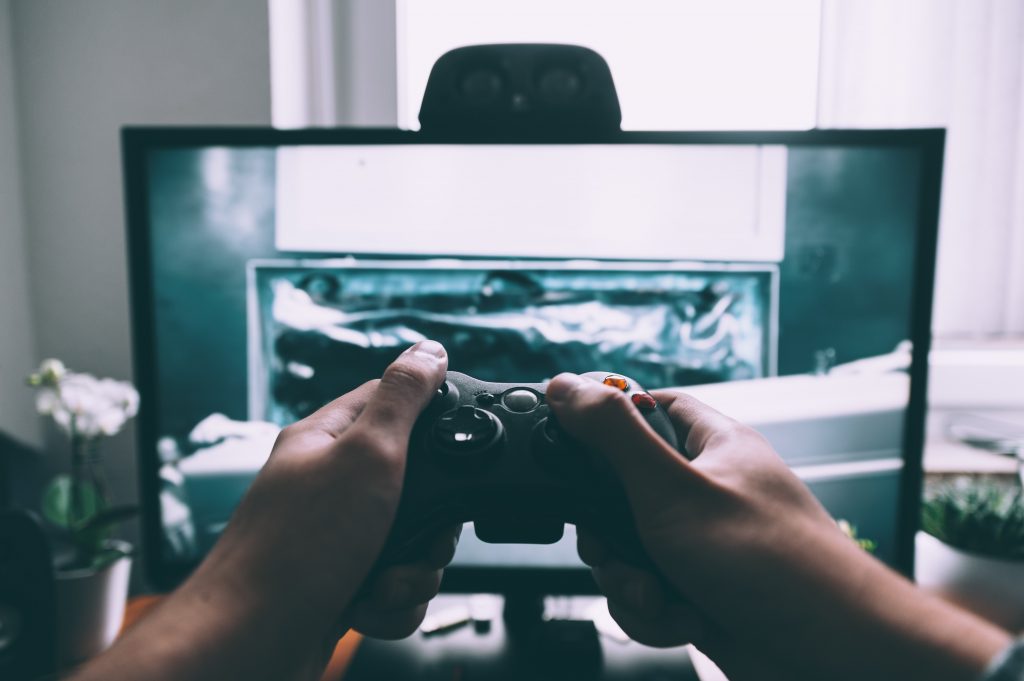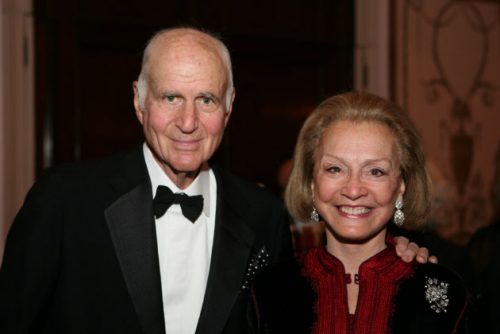Last week, popular video gamers helped raise over $2.7 million for St Jude’s. Is the gaming world showing signs of social consciousness?
Online gaming culture occupies an uncertain position in the collective imagination. Since the 2014 Gamergate controversy, in which female web developers were targeted for online harassment and doxing, the gaming community has had to contend with legitimate questions about its inherent misogyny and cliquishness.
More recently, there have been those who argue that the political movement known as the alt-right first emerged from amidst the toxic mists of the online gamer world—not least former presidential advisor Steve Bannon, who told journalist Joshua Green that he sought to “activate” Gamergaters and “get [them] turned on to … Trump” while an editor at Breitbart News.
Politics aside, the realm of online video games seems a faraway land to most working adults, many of whom question the social value of such a space.
But the gaming world is showing signs of social consciousness. Last week, the popular streamer known as Ninja was playing a friendly round of the online battle royale game Fortnite (for those unfamiliar with streaming, it is a common form of entertainment wherein expert gamers broadcast their gameplay to their fans around the world—such streams generate more online viewing traffic than HBO Go).
Ninja was raising money as part of a fundraising effort by GuardianCon, Florida’s largest gaming convention. The 27-year-old had already seen more than $100,000 come in via his channel, mostly in small-dollar amounts ranging from $1 to $10. (This is an easy way for streamers like Ninja to generate engagement with their audiences—they’ll often bet their fans that they’ll do something like get a tattoo or dye their hair if they hit a certain fundraising goal.)
Then all of a sudden, shockingly, the tally jumped up by $100,000, thanks to a single anonymous donation.
Ninja doesn’t even notice the gift until several moments later and is stunned into silence when he does (you can watch the moment here). In the end, Ninja’s stream raised more than $325,000 (and GuardianCon raised over $2.7 million) for St Jude’s Children Research Hospital.
Ninja later tweeted, “Gaming does good.”
The episode at GuardianCon merely builds on a trend of individual gamers trying to help others from the comfort of their couch. Late last year when Hurricanes Harvey and Irma were ravaging the south, Scott Jones of Arlington, Virginia, raised nearly $2,000 for a relief organization just by playing video games for 24 straight hours. Many other gamers like Jones did something similar and eventually raised hundreds of thousands of dollars towards disaster relief efforts.
As these sorts of initiatives have continued, gamer philanthropists have learned the tried and true methods of fundraising—be transparent about where the money goes, engage your audience, and choose beneficiaries that your donors care about.
Here the gaming world’s proclivity to charity serves as a counterargument to its reputation as self-obsessed and frivolous. Matthew Moffit, who has been raising money for charity via gaming streams since 2005, told the LA Times in 2017: "People often like to put gamers into a corner of people who are not charitable and who are selfish. But we are very giving and it's been an untapped market, but over the past few years charities are starting to realize its potential and get involved."






